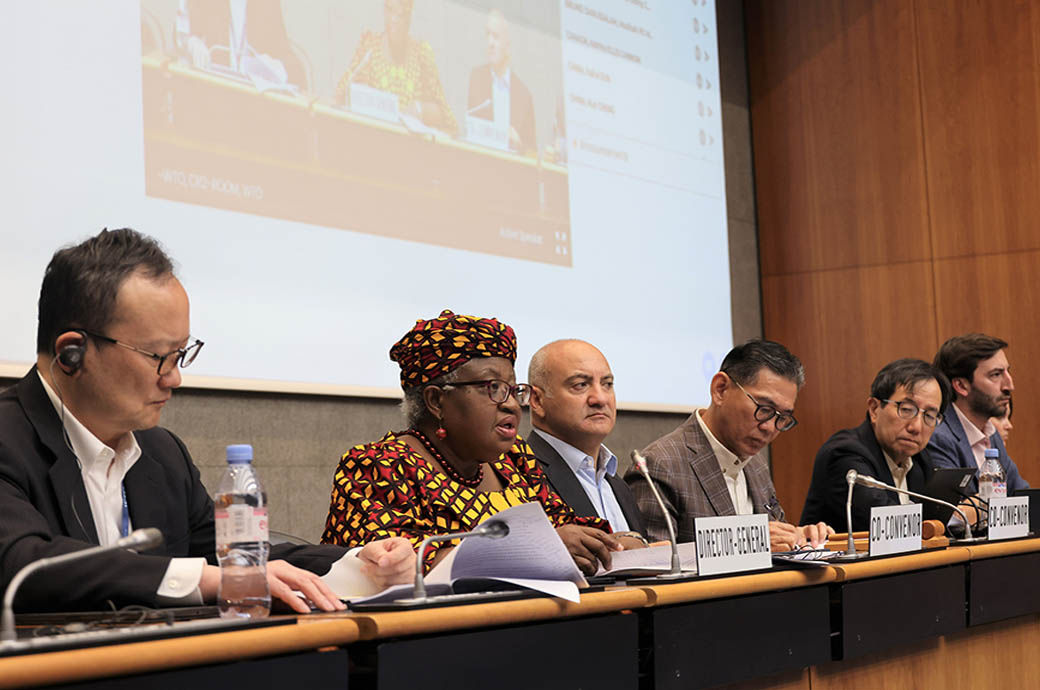
Flexibility, pragmatism and urgency are what is needed to achieve this goal, they stressed.
Till now, the initiative has ‘parked’ 11 provisions, including paperless trading, e-contracts, e-signatures, e-invoicing, spam, consumer protection, cybersecurity and an electronic transactions framework.
The negotiators hope to bridge differences on other provisions, such as single windows, personal information and data protection, by the summer, a WTO press release said.
WTO director general Ngozi Okonjo-Iweala drew attention to uneven participation in some regions in the digital economy due to digital and regulatory divides.
“While e-commerce has helped small businesses, and especially women-owned firms, tap into international markets, there is a great deal of room to improve. Digital trade can be an even more effective economic lifeline for marginalized groups and geographically remote areas,” she said.
Fibre2Fashion News Desk (DS)